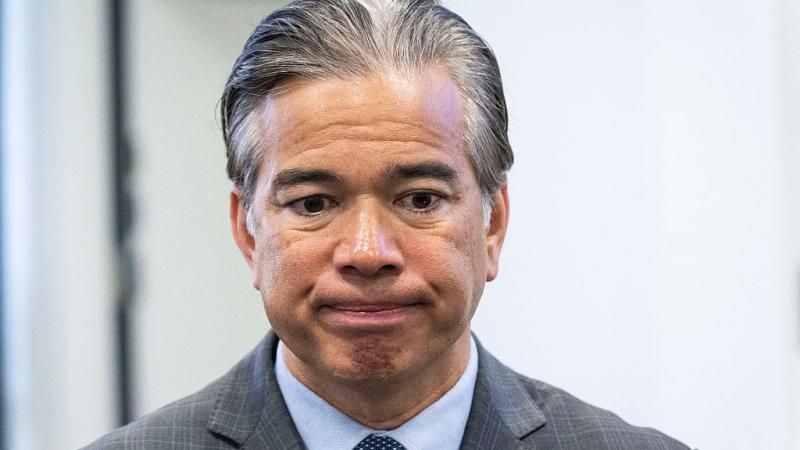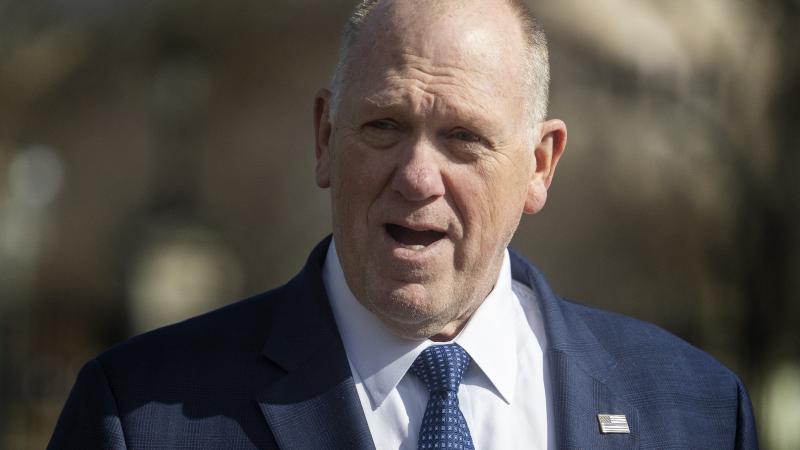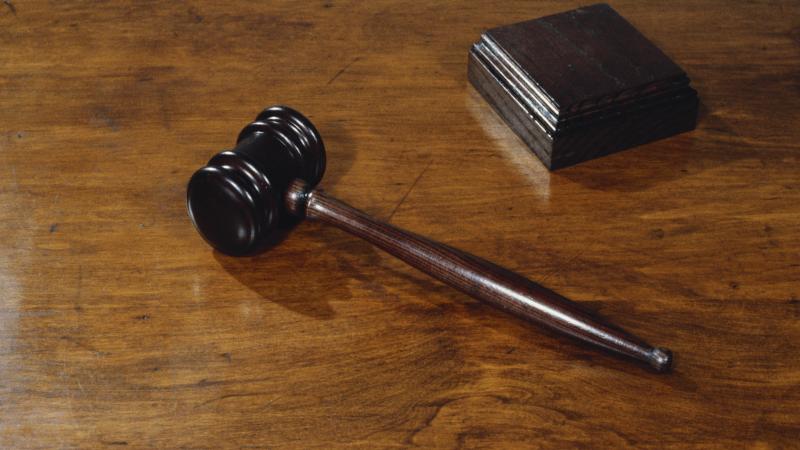Texas governor Abbott signs property rights bills into law, stronger penalties for squatters
The laws provide stronger tools to “make it easier and faster to remove squatters from homeowners’ property.
(The Center Square) -
Texas Gov. Greg Abbott has signed into law bills to strengthen private property rights and strengthen homeowners’ ability to remove squatters.
On Thursday, at a ceremonial bill signing at the Texas Capitol, Abbott signed SB 38 and SB 1333. He previously signed them into law in June. Both bills go into effect Sept. 1.
Joining Abbott were House Speaker Dustin Burrows, bill authors, state Sens. Bryan Hughes and Paul Bettencourt and state Reps. Angie Chen Button and Jeff Leach, among others.
"Private property rights are a cornerstone of our Texas values,” Gov. Abbott said. "Texas is facing a squatting crisis, with property owners struggling to evict delinquent tenants or remove people who were never supposed to be on their property in the first place. Through these new laws, homeowners now have an efficient means of evicting squatters from their property."
The laws provide stronger tools to “make it easier and faster to remove squatters from homeowners’ property,” Abbott said. The bills amend property code, close loopholes, and expand penalties.
SB 38, filed by Bettencourt and Button, streamlines the eviction process by clarifying venue requirements and establishing consistent timelines for trials and appeals. It also requires that a court hold a trial in eviction suits within 21 days of a petition being filed.
SB 1333, filed by Hughes and Leach, empowers sheriffs and constables to take quicker action in response to a property owner submitting a sworn complaint about a squatter unlawfully taking possession of their property. The law also increases criminal penalties for criminal mischief and criminal trespass involving a home, as well as engaging in real estate transactions involving property that an individual doesn’t have a legal interest in.
“With the signing of the laws, we are putting squatters out of business,” Abbott said.
Sen. Bettencourt said the issue was brought to his office's attention after multiple reports of squatting were made by constituents. The Senate Local Government Committee first held a hearing on the issue last year at which 17 witnesses shared examples of squatters taking over their residential properties.
Lawmakers uncovered a similar theme: when squatters were reported to law enforcement, responses were delayed or homeowners were referred to the civil eviction process. The process took months and cost homeowners several thousand dollars in legal fees, Bettencourt’s bill analysis states.
Cases involving multifamily properties cost property owners more, including costs to hire security personnel. In many cases, the property was damaged costing additional thousands of dollars in repairs.
When Lt. Gov. Dan Patrick directed the Senate to look into the issue last year, Bettencourt said, “We had no idea how many thousands of people were squatting in the state. It was much bigger problem than we anticipated.”
Bettencourt described one example of a homeowner in Mesquite who was forced out of her home for 18 months because a squatter wouldn’t leave. The squatter caused $200,000 worth of damage, Bettencourt said. When the homeowner was able to get before a Justice of the Peace, she was told the squatter was allowed to stay in her home “over the holidays because they have nowhere else to go.”
As a result, the “squatter was in the home for the holidays and not the homeowner,” Bettencourt said.
Hughes’ SB 1333 provides clarification and clear guidelines for law enforcement intervention, including for sheriffs and constables.
He said the governor “have done so much to encourage homeownership because we recognize homeownership is getting further out of reach. We talk about Texas values, hard work and property rights are basic values of who we are. As we make it easier to own homes, we also want to make it easier for homeowners to protect their own property.”












